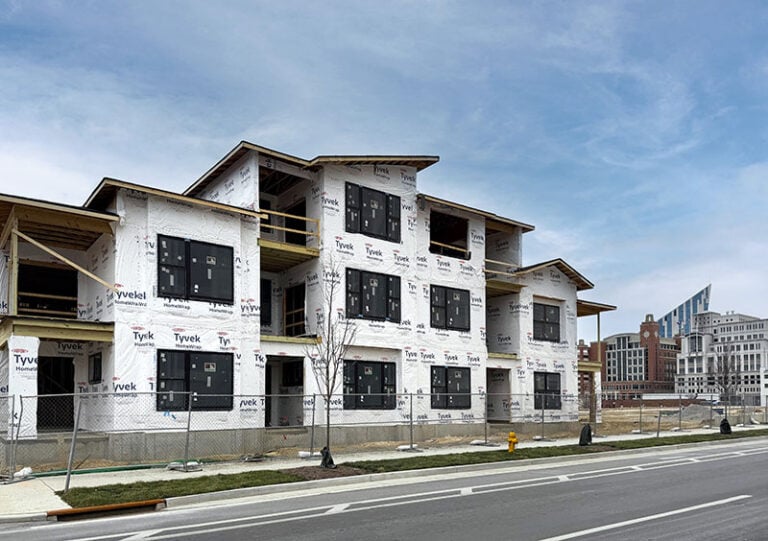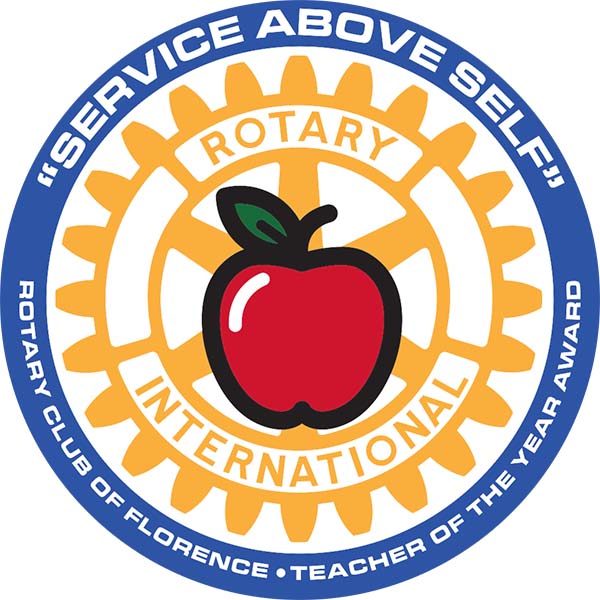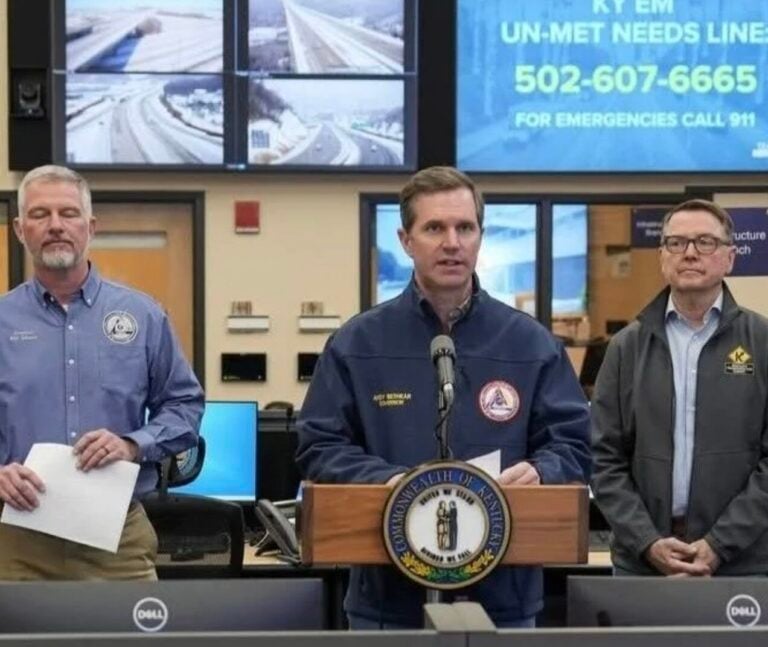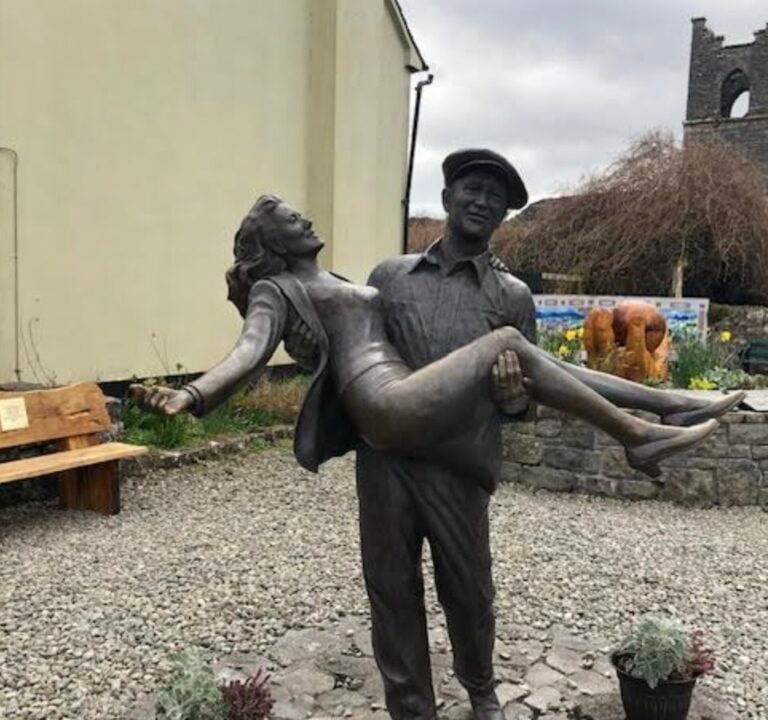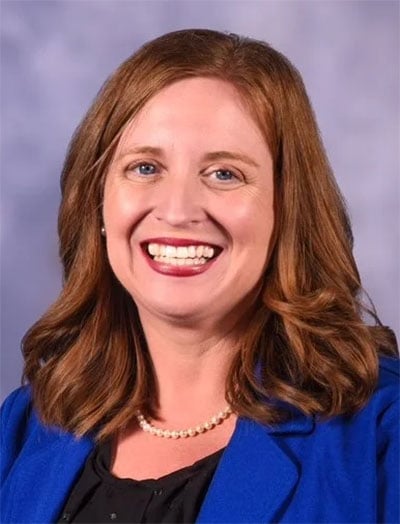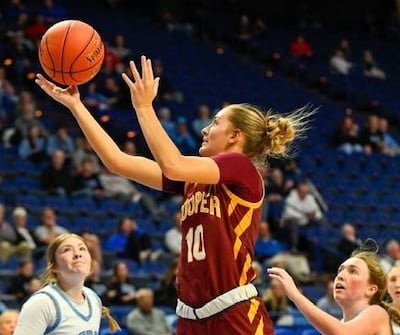By Vicki Prichard
Special to NKyTribune
Attorneys who win landmark judgments or represent huge interests frequently make headlines. Attorneys who represent the small or unpopular interests may not get so much attention though they may be known in the legal community.
Jim Cobb was one of the quiet ones. A lawyer, father, Navy and Air Force Veteran, Cobb mentored many lawyers who practice today, but unless you’re a former client or an attorney over 40, you’ve likely never heard of him.
He died recently — and quietly. There were no formal public visitations or service.
Jim Cobb won a not-guilty verdict in a local murder trial using the “battered spouse” defense before it even had a name. And he represented some notable figures during Newport’s days of high crime.
So shortly after Cobb passed away, a group of attorneys, who at one time or another had worked alongside Cobb – many of them just out of law school when they met him – bid farewell to their mentor, colleague and friend by gathering around the table to raise a glass and tell some tall tales about a man who played a role in their legal careers.
They remembered Cobb as a larger-than-life man.

Attorneys David Davidson, Bob Lotz, Laura Oldfield, Brian Rieger, Steve Smith and Phil Taliaferro and others gathered at Blinker’s in Covington to remember their friend and colleague.
They were joined by the real keeper of the stories, Cobb’s longtime legal assistant, Joann Lirely.
Lirely was 12-years-old when Cobb’s secretary moved next door and Lirely babysat for her young son. Cobb became her family’s attorney, as well as a friend, and when Lirely graduated from high school her father asked if he might have some work for her. So began a decades-long role as Cobb’s legal assistant.
She remembers the day one of Cobb’s more infamous clients came in the office.
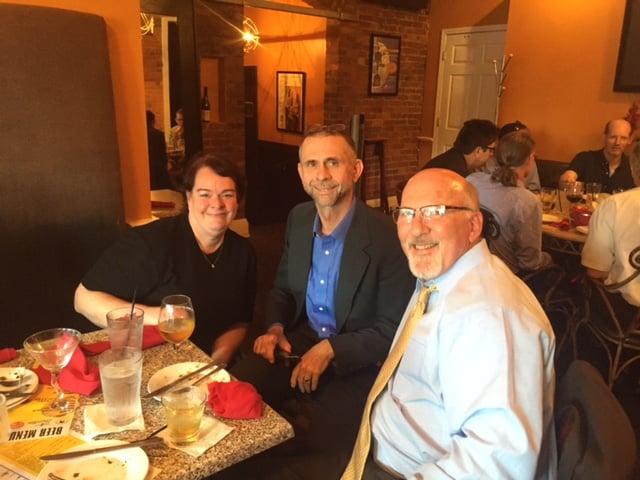
“He represented Frank ‘Screw’ Andrews,” says Lirely. “I came in after the heyday in Newport, but they were going through all of these appeals, and I met him. I’m just this kid making copies.”
Andrews was a central figure during Newport’s Sin City chapter. In 1954, Andrews shot and killed a competitor named Melvin Clark outside Newport’s Sportsman Club, but was acquitted on grounds of self-defense.
In 1956 Andrews was convicted on tax charges and sent to federal prison for six years. He re-open his Sportsman Club and in 1962 he was found guilty of illegal gambling and sentenced to five years in prison. When he was released he opened an illegal bingo hall that was also eventually shut down. He was known as one of the more “trigger-happy” old-time Newport gangsters. He died in 1973 under mysterious circumstances involving a fall from a sixth-story window at St. Luke Hospital.
“My bill for making copies was like $250, which was a lot of money at that time,” says Lirely. “I never did get paid by Mr. Andrews.”
But encountering a well-known crime figure was hardly the most memorable of stories that Lirely recalls; that status goes to the shooting incident.
“Jim had a case where this guy had run into the back of his client’s car and an attorney named Marty Mitchell was representing the other guy,” says Lirely. “Mr. Cobb could not get the amount that was awarded to him so they had all these phone calls back and forth.”
Lirely recalls sitting at her front desk when she heard Cobb on the phone with Mitchell.
“I heard Mr. Cobb say, [string of expletives], “I’ll be right over,”” says Lirely.
Fifteen to twenty minutes went by, says Lirely, when Cobb returned.
“Jim comes through the door and he looks and me, and he’s kind of white, and he said, “That son of a [expletive] shot me,”” says Lirely.
Cobb had been shot in the leg.
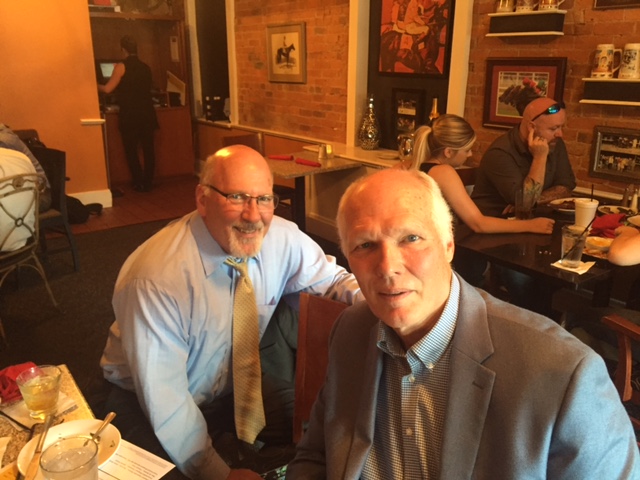
Lirely says she answered calls from judges all over the country wanting to know how two lawyers got into such a fight.
“The bar association was able to have them apologize to each other and that was that,” says Lirely.
Attorney Bob Lotz was a young law student in Wisconsin when he met Jim Cobb. And while there were no mobsters or guns involved, there were prostitutes.
“I met Jim in Wisconsin when I was in law school and he was representing Hank Snow, the head of the Seven Sons Motorcycle Club, who was charged with running prostitutes up from Newport to Wisconsin during hunting season,” says Lotz.
Cobb offered Lotz a job to practice with him and his partner Bill Oldfield in Covington.
”He was remarkable in terms of clients over the years that he represented,” says Lotz.
Later, when Lotz posted a job opening at the University of Cincinnati Law School, it caught the eye of law student David Davidson who clerked with Cobb. Davidson is now an attorney with Strauss and Troy in Covington.
Davidson says Cobb helped many young lawyers.
“He would talk about the flavor of cases and I thought, ‘What are you talking about?’ And he said, “When cases get old they get stale. When they’re fresh, prosecutors want to pound, pound, pound, and you want to delay, delay, delay; make that case stale,” and it was incredibly good advice,” says Davidson.
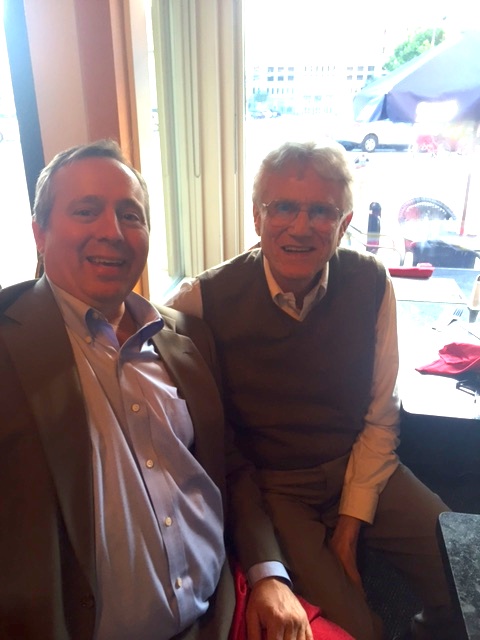
Laura Oldfield, whose father was Cobb’s partner, recalls being fascinated as a young law student listening to Cobb, her father and others gather around the table and discuss their cases.
“When I first started practicing law, my dad told me – because I really liked the idea of a trial lawyer – my dad said, “Then you really need to go watch Jim Cobb,” says Oldfield, “He said, “He’s one of the best attorneys in front of a jury that I’ve ever seen.””
Attorney Phil Taliaferro, with Taliaferro, Carran & Keys, remembers Cobb as someone who was there for him when he returned from the war.
“When I came back from the Navy in 1966, after spending time in Vietnam and a year and a half in the Philippines, it wasn’t long before I upset all of the elected officials – all Democrats in Kenton County – because they had a clique and I was not in the clique and I had ideas,” says Taliaferro.
“Jim Cobb adopted me and became my mentor. He got me involved in several cases with him. He was a fantastic lawyer and he was always kind of nurtured me and I’ll never forget it. I’ll always remember all the help he gave me.”







